Intro
Learn how to prepare for a colonoscopy with our comprehensive guide, covering colon cleansing, dietary changes, and bowel prep to ensure a successful procedure and accurate results for colon cancer screening and digestive health.
As we age, the importance of maintaining good health becomes increasingly evident. One crucial aspect of preventive care is colon cancer screening, and a colonoscopy is a vital tool in this process. A colonoscopy is a medical procedure that allows doctors to visually examine the inside of the colon and rectum for abnormalities, such as polyps or cancer. Preparing for a colonoscopy is essential to ensure accurate results and a smooth procedure. In this article, we will delve into the world of colonoscopy preparation, exploring the importance of this process, the steps involved, and providing valuable tips to make the experience as comfortable as possible.
The preparation process for a colonoscopy is designed to cleanse the colon of any fecal matter, allowing the doctor to clearly see the inside of the colon and rectum. This process typically begins a few days before the procedure and involves a combination of dietary changes and bowel preparation medications. It is essential to follow the instructions provided by your doctor carefully, as inadequate preparation can lead to inaccurate results or the need for a repeat procedure. By understanding the importance of preparation and taking the necessary steps, you can help ensure a successful colonoscopy and take a proactive approach to maintaining your health.
A colonoscopy is a relatively common medical procedure, and millions of people undergo it every year. While the thought of a colonoscopy can be intimidating, it is generally a safe and effective way to screen for colon cancer and other colon-related issues. By preparing properly and understanding what to expect, you can reduce any anxiety or discomfort associated with the procedure. In the following sections, we will explore the preparation process in more detail, discussing the different types of bowel preparation medications, dietary restrictions, and other essential information to help you prepare for your colonoscopy.
Understanding the Colonoscopy Procedure
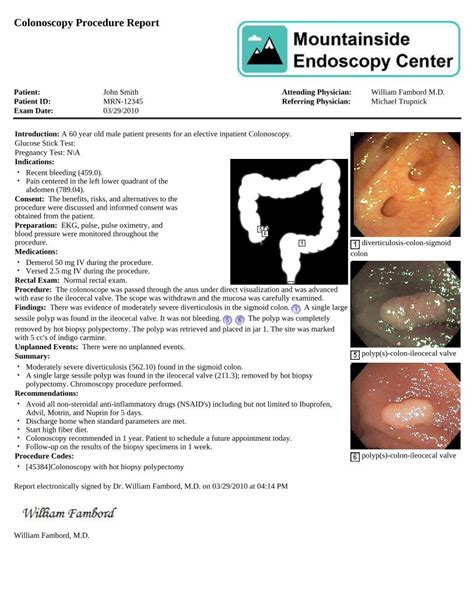
Benefits of Colonoscopy
The benefits of colonoscopy are numerous, and it is widely regarded as one of the most effective ways to screen for colon cancer. By detecting and removing polyps before they become cancerous, colonoscopy can help prevent colon cancer from developing. Additionally, colonoscopy can help diagnose other colon-related issues, such as diverticulitis or inflammatory bowel disease. The procedure is generally safe, and the risks associated with it are minimal. By undergoing a colonoscopy, you can take a proactive approach to maintaining your health and reducing the risk of colon cancer.Preparing for Your Colonoscopy
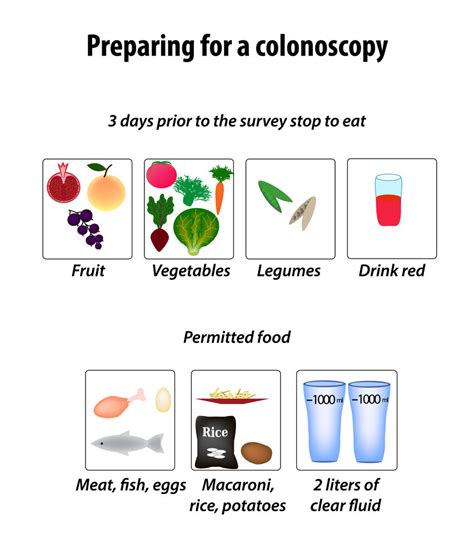
Dietary Restrictions
Dietary restrictions play a crucial role in preparing for your colonoscopy. You will typically be asked to avoid solid foods and follow a clear liquid diet for 1-3 days before the procedure. This includes avoiding foods such as nuts, seeds, and popcorn, which can be difficult to digest and may interfere with the procedure. You should also avoid drinking any red or purple liquids, as they can discolor the colon and make it more challenging to visualize any abnormalities. By following the dietary restrictions carefully, you can help ensure a successful colonoscopy and reduce the risk of any complications.Bowel Preparation Medications
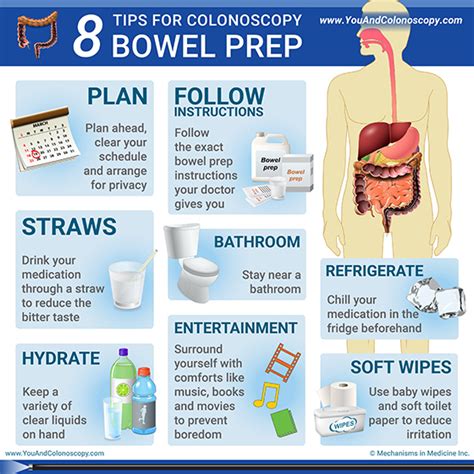
Types of Bowel Preparation Medications
There are several types of bowel preparation medications available, each with its own unique characteristics and benefits. Polyethylene glycol (PEG) is a commonly used bowel preparation medication that comes in a liquid or powder form. It works by drawing water into the colon and softening the stool, making it easier to pass. Sodium phosphate is another type of bowel preparation medication that comes in a tablet or liquid form. It works by stimulating the muscles in the colon to move the stool through the digestive system. By understanding the different types of bowel preparation medications available, you can make informed decisions about your care and ensure a successful colonoscopy.What to Expect During the Procedure
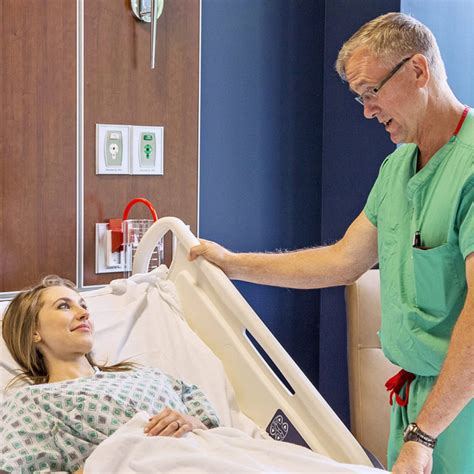
After the Procedure
After the procedure, you will be taken to a recovery room where you can rest and recover from the sedation. You may feel some discomfort or bloating, but this is generally mild and temporary. You should avoid driving or operating heavy machinery for the rest of the day, as the sedation can impair your judgment and reaction time. You should also avoid eating any solid foods until the next day, sticking to a clear liquid diet to help your body recover from the procedure. By following the instructions carefully and taking the necessary precautions, you can ensure a smooth and successful recovery.Tips for a Successful Colonoscopy
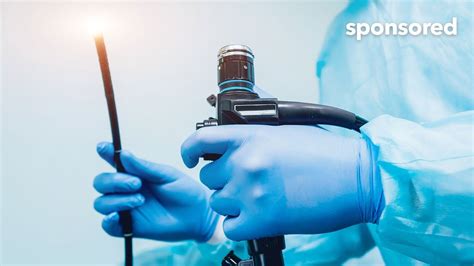
Common Mistakes to Avoid
There are several common mistakes to avoid when preparing for a colonoscopy. First, it is essential to follow the instructions carefully and take the bowel preparation medication as directed. You should also avoid eating any solid foods for 1-3 days before the procedure, sticking to a clear liquid diet to help cleanse the colon. Additionally, you should avoid drinking any red or purple liquids, as they can discolor the colon and make it more challenging to visualize any abnormalities. By avoiding these common mistakes, you can help ensure a successful colonoscopy and reduce the risk of any complications.Conclusion and Final Thoughts

We hope this article has provided you with valuable information and insights into the world of colonoscopy preparation. If you have any questions or concerns, please do not hesitate to reach out to your doctor or healthcare provider. Remember to take a proactive approach to maintaining your health, and consider sharing this article with friends and family to help spread awareness about the importance of colonoscopy preparation.
What is a colonoscopy?
+A colonoscopy is a medical procedure that allows doctors to visually examine the inside of the colon and rectum for abnormalities, such as polyps or cancer.
Why is preparation important for a colonoscopy?
+Preparation is essential for a colonoscopy, as it helps to cleanse the colon of any fecal matter, allowing the doctor to clearly see the inside of the colon and rectum.
What are the benefits of colonoscopy?
+The benefits of colonoscopy include detecting and removing polyps before they become cancerous, diagnosing other colon-related issues, and reducing the risk of colon cancer.
What should I expect during the colonoscopy procedure?
+During the colonoscopy procedure, you will be sedated to minimize any discomfort, and the doctor will insert a flexible tube with a camera and light on the end into the rectum and guide it through the colon, visually examining the inside of the colon and rectum for any abnormalities.
How long does it take to recover from a colonoscopy?
+The recovery time for a colonoscopy is typically short, and you should be able to return to your normal activities within a day or two.
